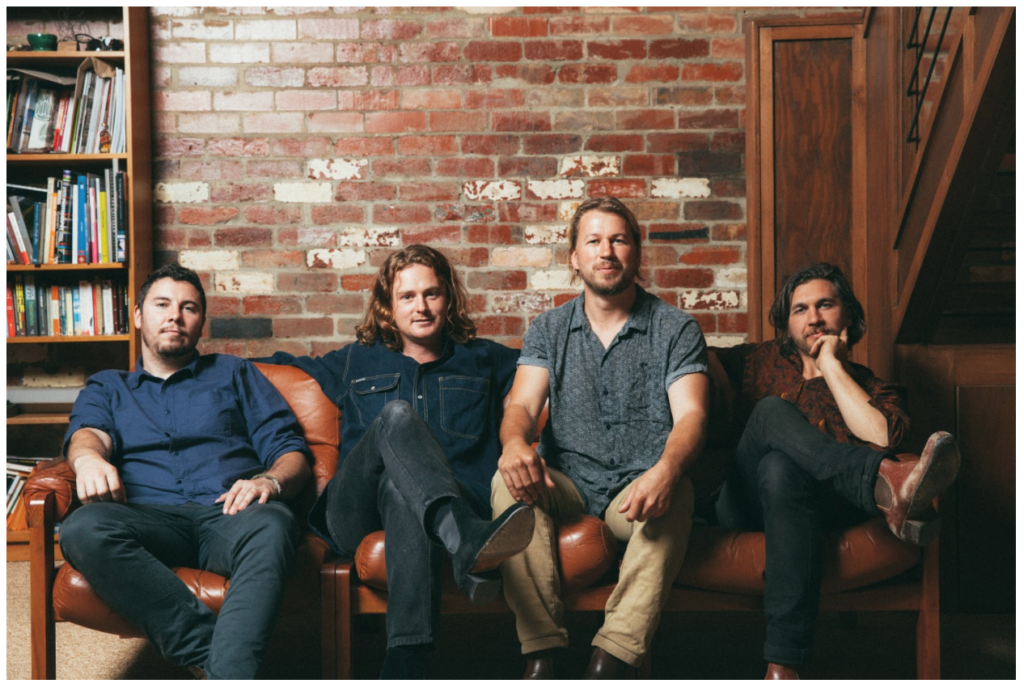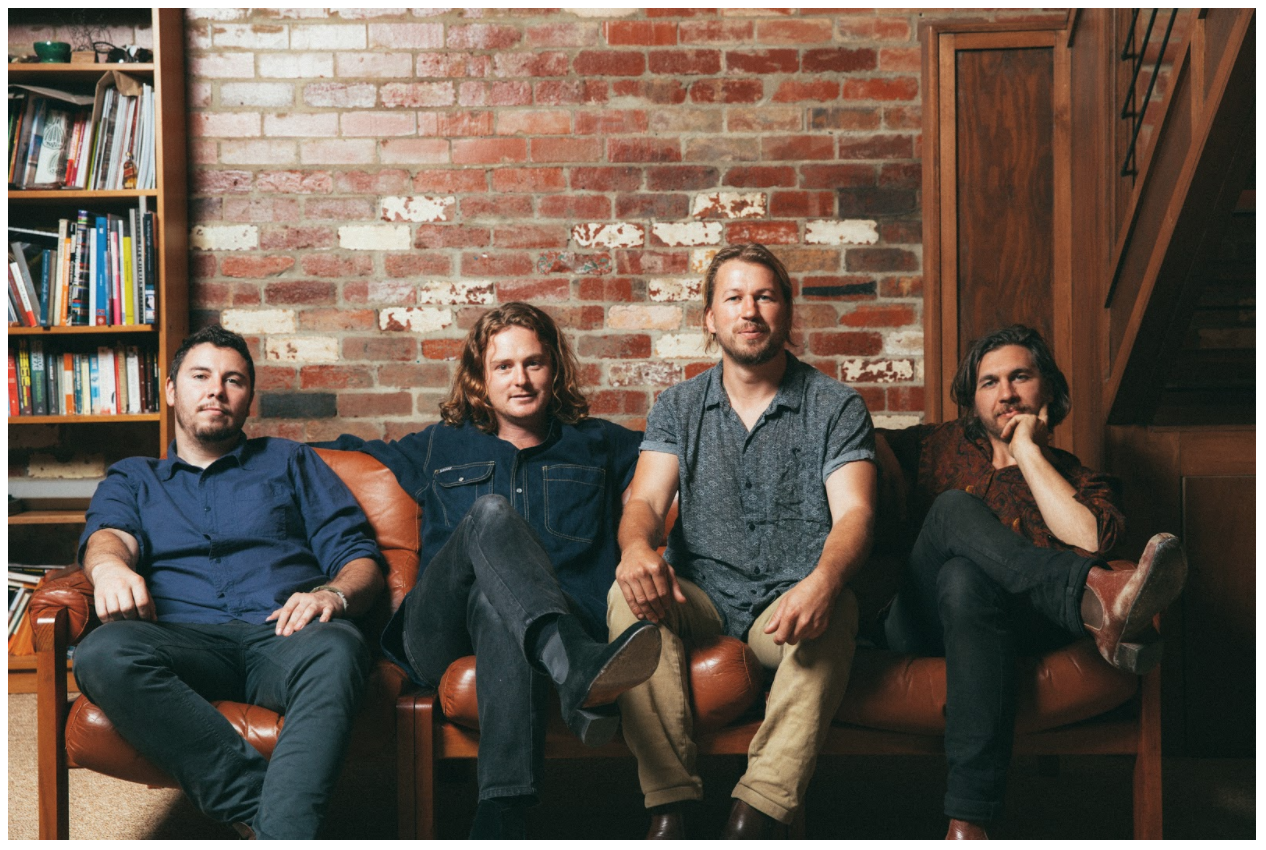The Teskey Brothers: From The Heart
One of the best things in life is being proven wrong. I got an email last week telling me about this soul band from Australia. I was, in a word, skeptical. Then I listened, and I haven’t stopped listening to this band since. The Teskey Brothers can flat out play. They have been honing their craft in Australia for the better part of ten years and they’re now on tour through the States. They’ll be at The Great Scott on Wednesday, March 21 before making their way south. We got to catch up with Liam Gough, the band’s drummer, about their process, inspiration, and what they’ve learned in the past decade of work. 
RLR: One of the cool aspects about Half-Mile Harvest is the way you recorded it to a tape machine and intentionally not to a computer. Can you describe how that approach impacted the process for you?
LG: Yes we recorded the album on a Studer A80 tape machine which conjures a particular sound that we enjoy. We love working within the constraints of tape as it stops us from over polishing our music which seems to happen a lot in this digital era of recording. A lot of the time with tape you don’t have an option to fix any small imperfections in the music. We realised that these imperfections were what gave the music from the 60’s and 70’s the character and energy that we love.
RLR: What does the songwriting process look like for you as a group? Are you bringing pretty fully-formed ideas or is it more common to bring a fragment and flesh it out together?
LG: Songs often form in different ways for us and we each have different methods of writing. Generally one of us will come into the studio with a demo or a concept for a song and we will flesh out the parts together. Other times we will work up a groove together and build it from the ground up. Sometimes we try to record the song straight away after we think it’s finished as sometimes it’s that fresh form that has an energy that can’t be recreated again later. Other times we will play a song live for a few months before recording the final take as it can take time to sculpt the right form and feel.
LG: Yes we see our music as a homage to the forefathers of blues, soul, and R&B. They inspired us when we were young and still inspire us today. We hope that people see and feel that we are passionate about these styles of music and that it’s coming from the heart. I’d like to think that we have our own sound like a unique fingerprint that makes us different from our inspirations and that we are contributing to the the art form whilst still paying homage to the greats of yesteryear.
RLR: In a different vein about inspiration, many white musicians feel a tension about playing music inspired by black artists, because of the long history, especially in the US, of white musicians taking music performed by black musicians without giving any credit. The best example of this is Elvis getting all the accolades for “Hound Dog” when Big Mama Thornton did a far better version. What does that tension look like in Australia (if it is there at all) and how do you think about navigating it for yourselves?
LG: That’s a great question. It’s a very different landscape in Australia. As we are so far away from America, it feels like we are drawing influence from afar, which is less cultural and more technical, I guess. We as a band have a lot to learn about the history of black American music and culture but we’re trying. We have so much respect for those artists and musicians who started it all.
To draw a parallel, Australia has a terrible history of the treatment of its indigenous people and that includes borrowing from their sacred art forms and using them commercially. The Teskey Brothers have teamed up with an amazing not-for-profit organisation called Children’s Ground which focuses on teaching indigenous youth their culture and languages in traditional ways, rather than the methods that white man have imposed on them in the past. Children’s Ground have been proven to greatly enhance the lives of the new generation of Aboriginal Australians.
RLR: As you think back on your history over the past ten years or so, moving from busking to doing international tours, what do you think has remained true for you throughout that time? And what was a big piece of learning that you’ve come to realize?
LG: It certainly has been a journey! We believe the one element we’ve held true to is playing music that we love and are very passionate about. We’ve seen other bands follow trends and fads but thankfully we haven’t differed from where our true passions lie and we think this comes through in the music. Because all of the great blues and soul songs come from heartache and heartbreak, you can’t fake that feeling!
Go see this band. That is all.

